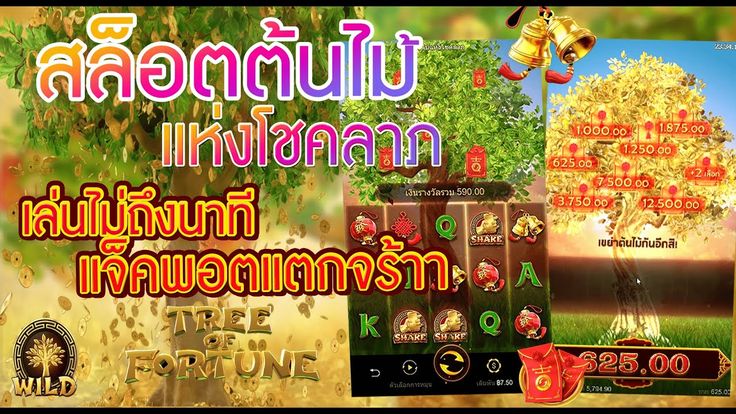ป้ายกำกับ: Thai Rituals & Beliefs
Unlocking the Secrets of Thai Rituals and Beliefs
Have you ever wondered why Thai people seem to follow so many traditions? From colorful temples to elaborate ceremonies, Thai culture is rich with rituals and beliefs that have been passed down for generations. These practices are more than just customs – they are a way of life that reflects deep respect for the spiritual world and the belief in karma and good fortune.
In this article, we will delve into the fascinating world of Thai Rituals and Beliefs, exploring some of the most common practices and their significance. We’ll discover how these beliefs shape daily life, from simple acts of kindness to grand festivals celebrating the interconnectedness of all things.
The Importance of Karma and Good Fortune
At the heart of Thai beliefs lies the concept of karma – the law of cause and effect. This means that every action, big or small, has consequences. If you are kind to others, good fortune will come your way. However, if you act with negativity or disrespect, you may face negative consequences. This belief is deeply ingrained in Thai culture and influences many of their rituals and daily practices.
Thai Rituals: A Glimpse into the Spiritual World
Thais believe that the world is not just made up of physical things, but also of spirits and supernatural beings. These spirits can be benevolent or malevolent, and it’s important to appease them to ensure good luck and protection.
Here are some common Thai rituals and their significance:
- Paying Respect to Spirits: You’ll often see small shrines or offerings in homes and businesses. This is a way of showing respect to the spirits that are believed to inhabit those places. These offerings might include food, incense, flowers, or even small statues.
- Making Merit: One of the most important ways to improve your karma and ensure good fortune is by making merit. This can be done through acts of charity, such as donating to temples or helping those in need.
- Blessing Ceremonies: Many important events, like weddings, housewarmings, and new business openings, are celebrated with elaborate blessing ceremonies. These ceremonies often involve monks, chanting, and special offerings to ensure good luck and prosperity.
- Traditional Festivals: Thai festivals are vibrant celebrations that combine religious ceremonies with cultural entertainment. These festivals often revolve around specific deities or events, such as the Songkran Festival, which celebrates the Thai New Year.
Daily Rituals: Bringing Balance and Harmony
Beyond major ceremonies and festivals, Thais also incorporate rituals into their everyday lives. These practices might seem simple, but they are deeply meaningful and reflect the belief in bringing harmony and balance to the world.
- Paying Respect to Monks: Monks are highly respected figures in Thai society, and people often show their respect by offering them food or gifts.
- Greeting Elders: Thai people show respect to elders by making a “wai,” a gesture with both hands clasped together in front of the chest and a slight bow.
- Avoiding Bad Luck: Thais believe in certain superstitions and rituals to avoid bad luck. For example, many people avoid wearing certain colors on specific days or refrain from cutting their hair on certain days of the week.
Exploring Thai Rituals and Beliefs: A Journey of Discovery
Thai rituals and beliefs are a tapestry of tradition, spirituality, and respect for the natural world. By understanding these practices, we can gain a deeper appreciation for Thai culture and its rich history.
If you’re interested in learning more about Thai rituals and beliefs, there are many resources available online and in libraries. You can also experience these traditions firsthand by visiting temples, attending festivals, and interacting with Thai people.
Remember, the key to understanding any culture is to approach it with an open mind and a willingness to learn.
Secondary Keywords: Thai culture, Thai traditions, Thai festivals, Thai spirituality, Thai superstitions, auspicious days, Thai calendar.

